5 plants to avoid if you don't want to attract mosquitoes – a pest control expert says they're a magnet for these nuisance insects
These plants create the ideal environment for mosquitoes to thrive

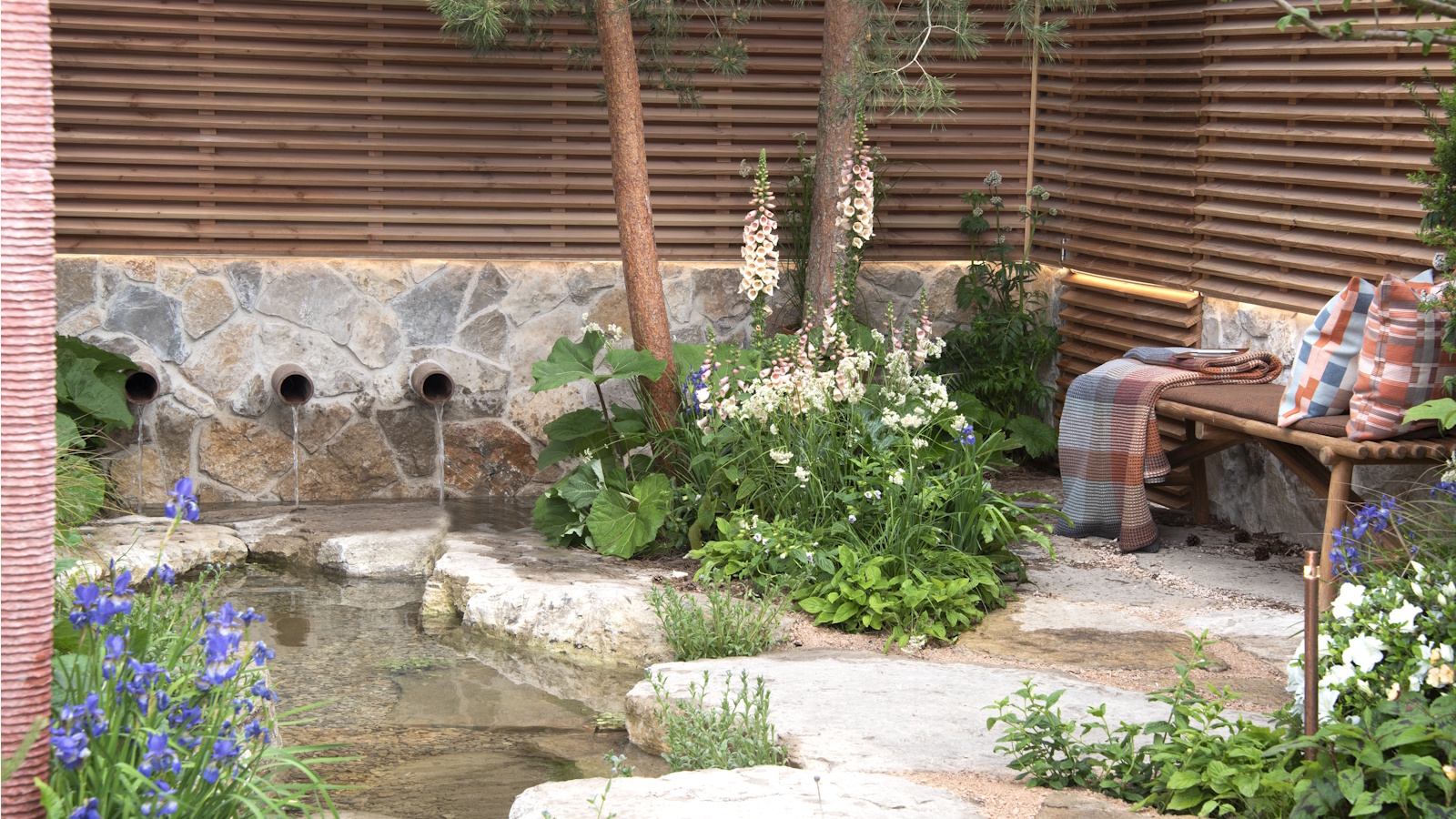
With summer in full swing, I've got a few garden gatherings lined up. But, there's one thing I'm cautious to avoid when hosting friends and family in my backyard this season: mosquitoes. They can be unpleasant to be around and as someone who gets quite bad reactions to bug bites, I really am willing to try anything to keep these pesky insects away.
When it comes to getting rid of mosquitoes, I'm keen to try natural pest control methods first. That's why I'm delighted to have discovered there are several plants to avoid growing if you don't want to attract mosquitoes – these plants are particular mosquito magnets, so not having them in your yard is a precaution worth taking.
Here, a pest control expert shares five mosquito-friendly plants to avoid and explains how doing so will lessen the likelihood of these insects hanging around your yard.
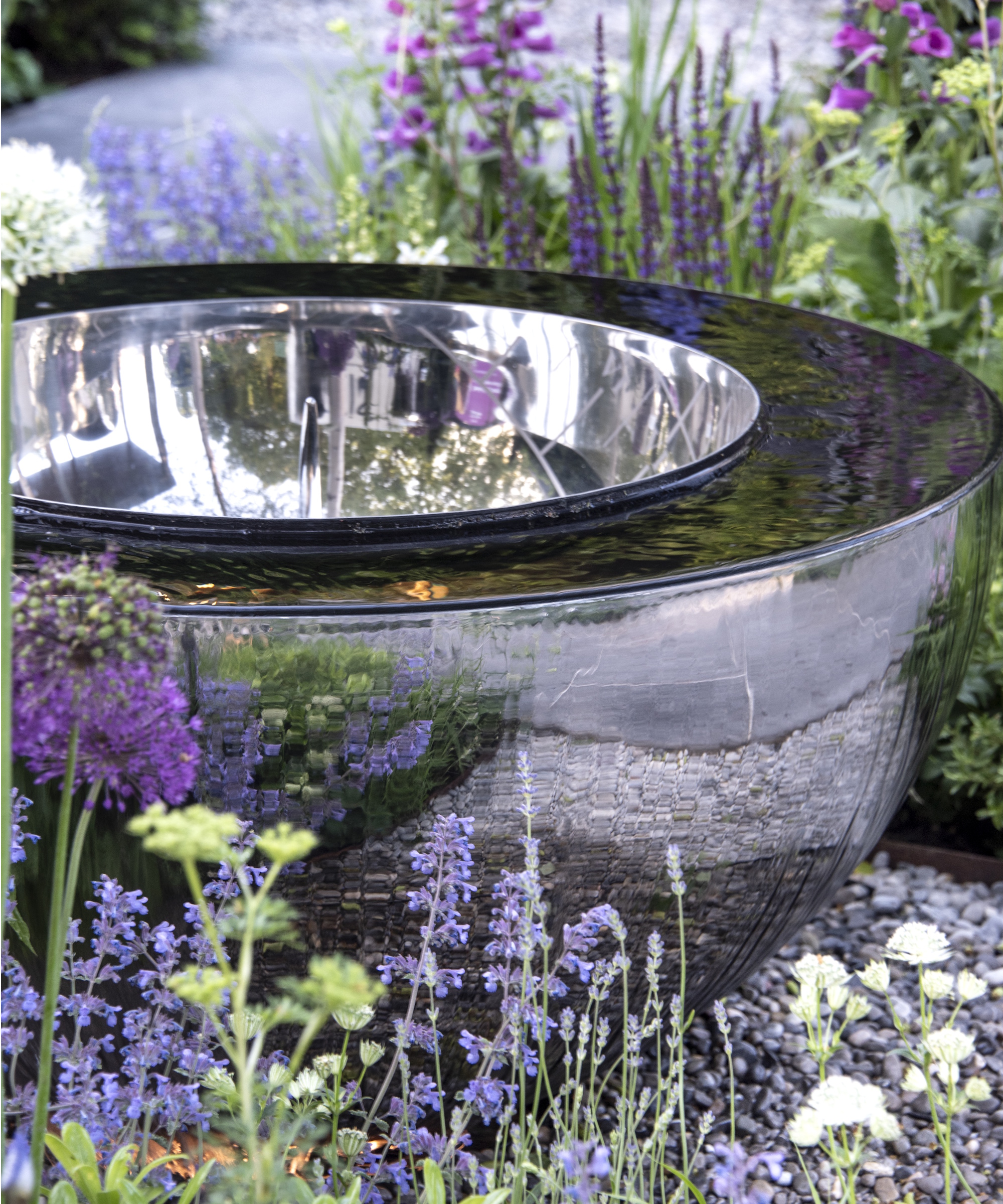
5 plants to avoid if you don't want to attract mosquitoes
Of course, avoiding these plants is just one part of making your yard mosquito-free. You should also employ a range of other methods for a stronger approach.
For example, you can grow the best pest-repellent plants and use things like these mosquito-repellent candles from Amazon.
1. Water hyacinth
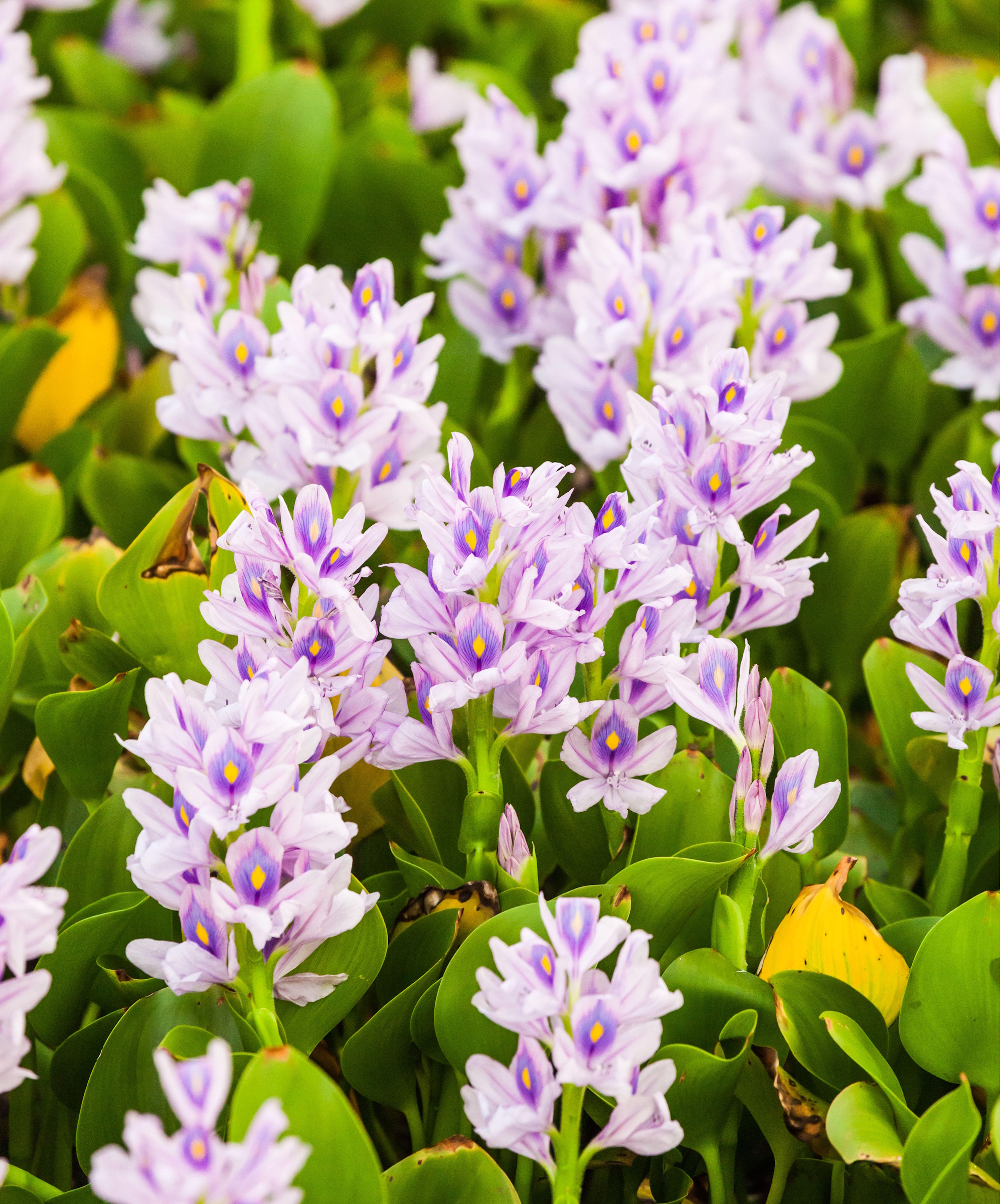
One of the things that attracts mosquitoes most is excess moisture, which is why you're likely to spot them if you have a garden pond. For this reason, it's best to avoid overcrowding your pond with plants like water hyacinth.
'Avoid water-loving plants like water hyacinth which create stagnant moisture, prime mosquito nurseries,' says Nicole Carpenter pest control expert and President of Black Pest Prevention.
Design expertise in your inbox – from inspiring decorating ideas and beautiful celebrity homes to practical gardening advice and shopping round-ups.
Eliminating standing water is the key to mosquito control, and the growing habit of water hyacinth stands in the way of this. This is because these beautiful blooms create dense mats on the surface of water, disrupting and halting the natural flow.
Another way to prevent stagnant water in your pond is to use a pond water pump (from Amazon). This keeps the water moving, so you can enjoy the best pond plants like water hyacinth while reducing the presence of mosquitoes.

Nicole Carpenter started working at Black Pest Prevention when she was in high school. She continued working there while attending N.C. State University and is now the President. She advises on pest control in backyards and helps with pest control in Charlotte and serves both North and South Carolina.
2. Bamboo
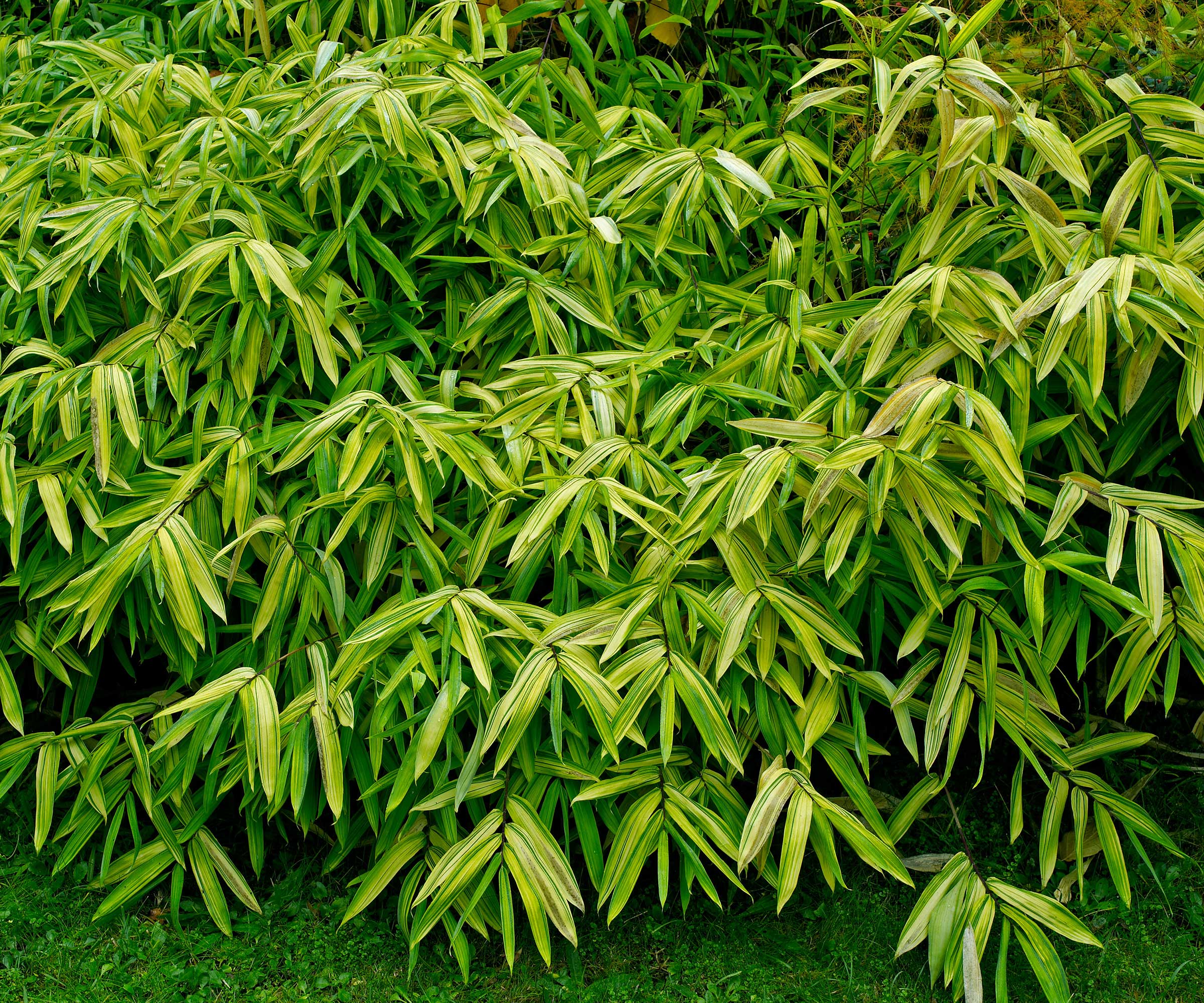
Bamboo is another one on the list of plants to avoid growing if you don't want to attract mosquitoes because its moisture-retentive.
'Bamboo is mosquito royalty too, it traps moisture in its stems and gives shelter in its dense leaves,' Nicole explains.
Not only can bamboo provide a beneficial environment for mosquitoes, it can also be an invasive plant and cause problems for the other planting in your yard. Although, there are ways to stop bamboo spreading.
If you already have bamboo in your yard, consider using scents that deter mosquitoes nearby. For example, grow marigolds which have a scent many pests can't stand – you can use these marigold seeds from Burpee.
3. Fountain grass
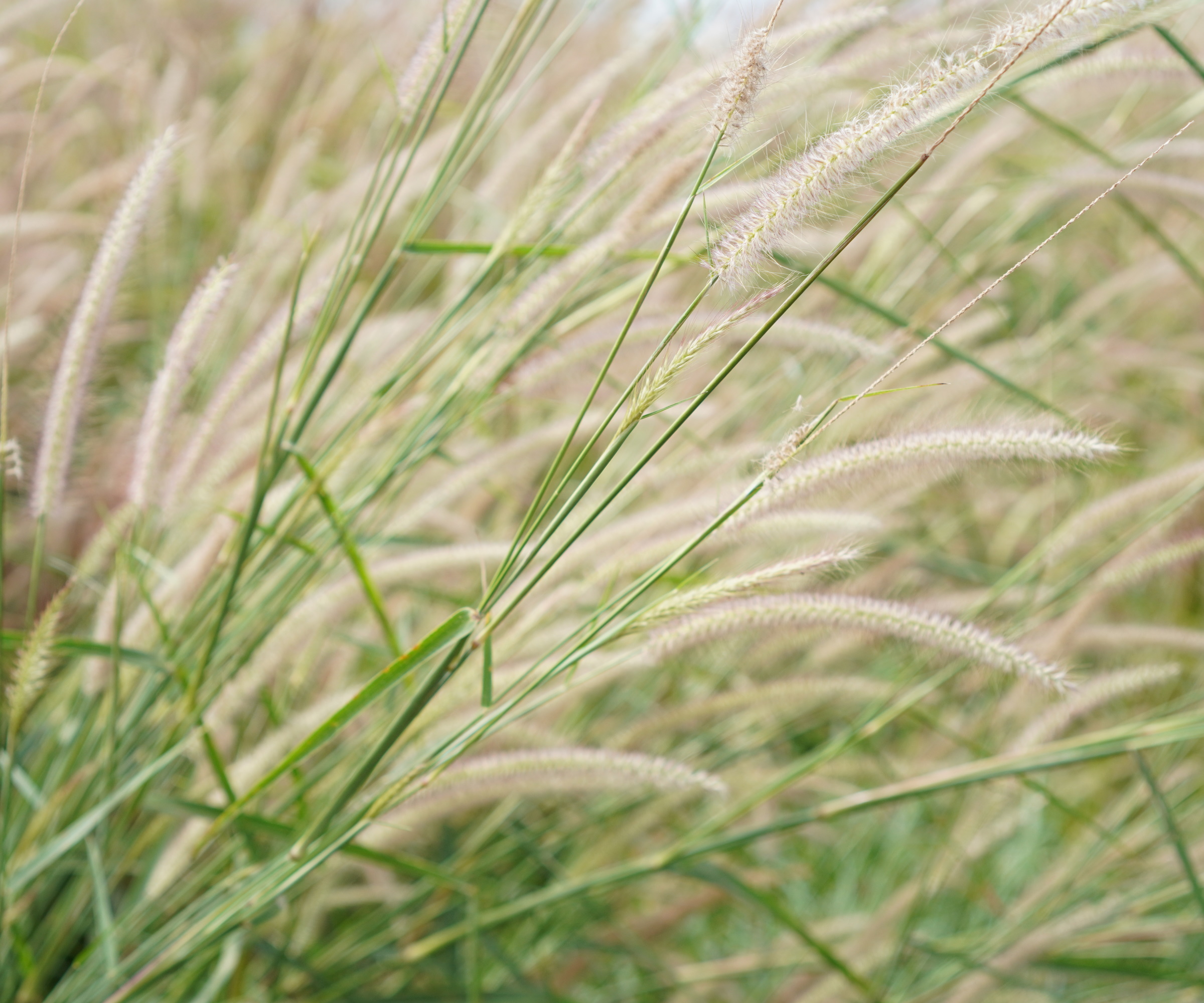
For an ornamental grass to avoid if you want to keep mosquitoes away, Nicole says to steer clear of growing fountain grass.
Although pretty with plumes of white flowers, fountain grass is popular with mosquitoes:
'Fountain grass can trap moisture and decaying organic matter in their base, creating ideal resting zones,' Nicole explains.
To prevent ornamental grasses from trapping decaying organic matter, try using essential pruning tools to remove dense foliage and improve airflow. These pruning shears from Amazon will work well for fountain grass.
4. Hosta
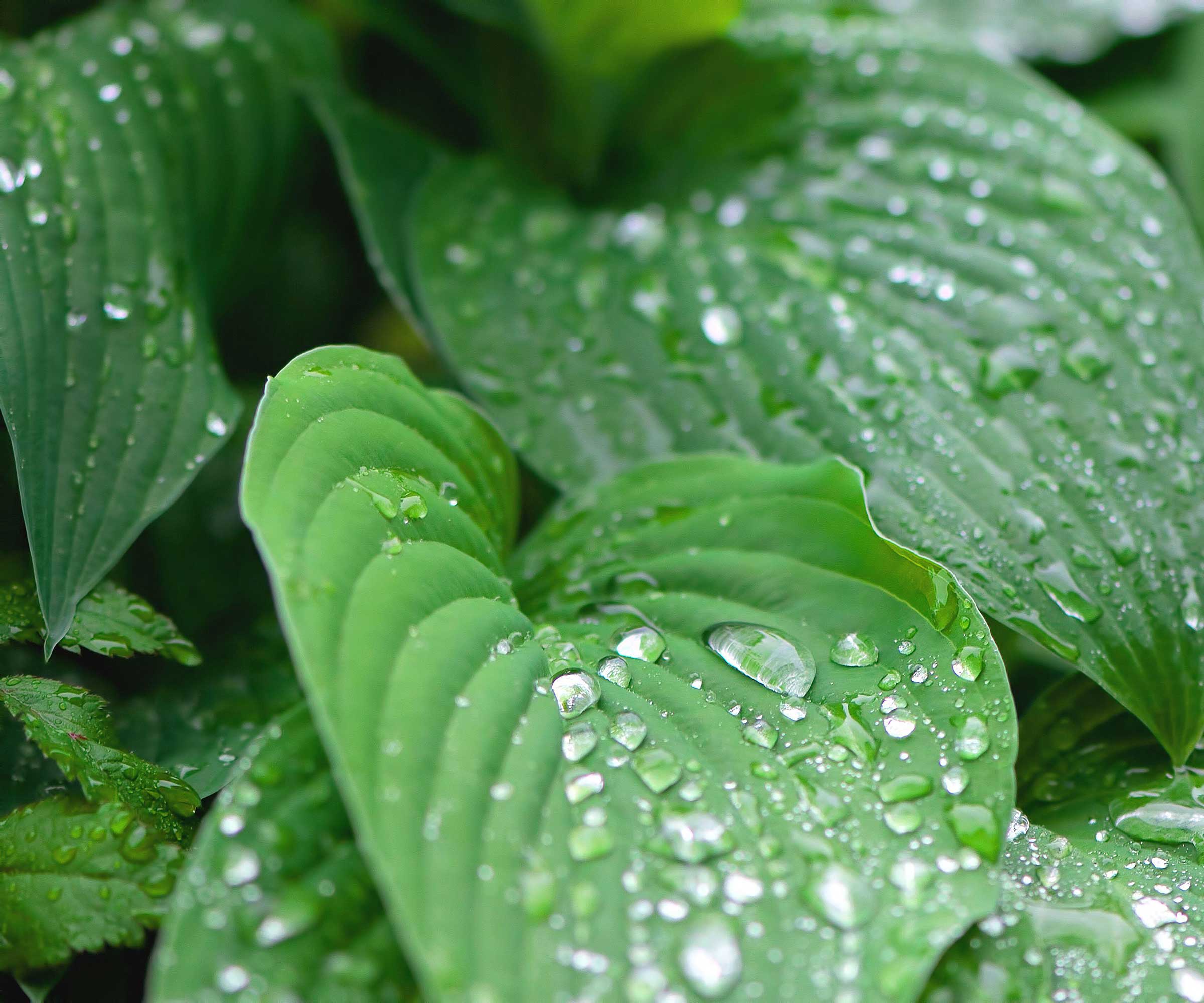
If you have a lot of garden shade in your yard, you might be keen to grow plenty of shade plants. But, there is one that makes the list of plants to avoid growing if you want to avoid attracting mosquitoes.
'Hostas attract bugs across the board, including mosquitoes,' Nicole says.
Although you may grow hostas for their showy foliage, their large leaves create the shady, moist environment mosquitoes seek.
In fact, these plants are susceptible to a range of pests that destroy plants for this reason, especially slugs.
Using this peppermint oil from Amazon can help keep a wide range of these pests away, as well as mosquitoes.
5. Taro
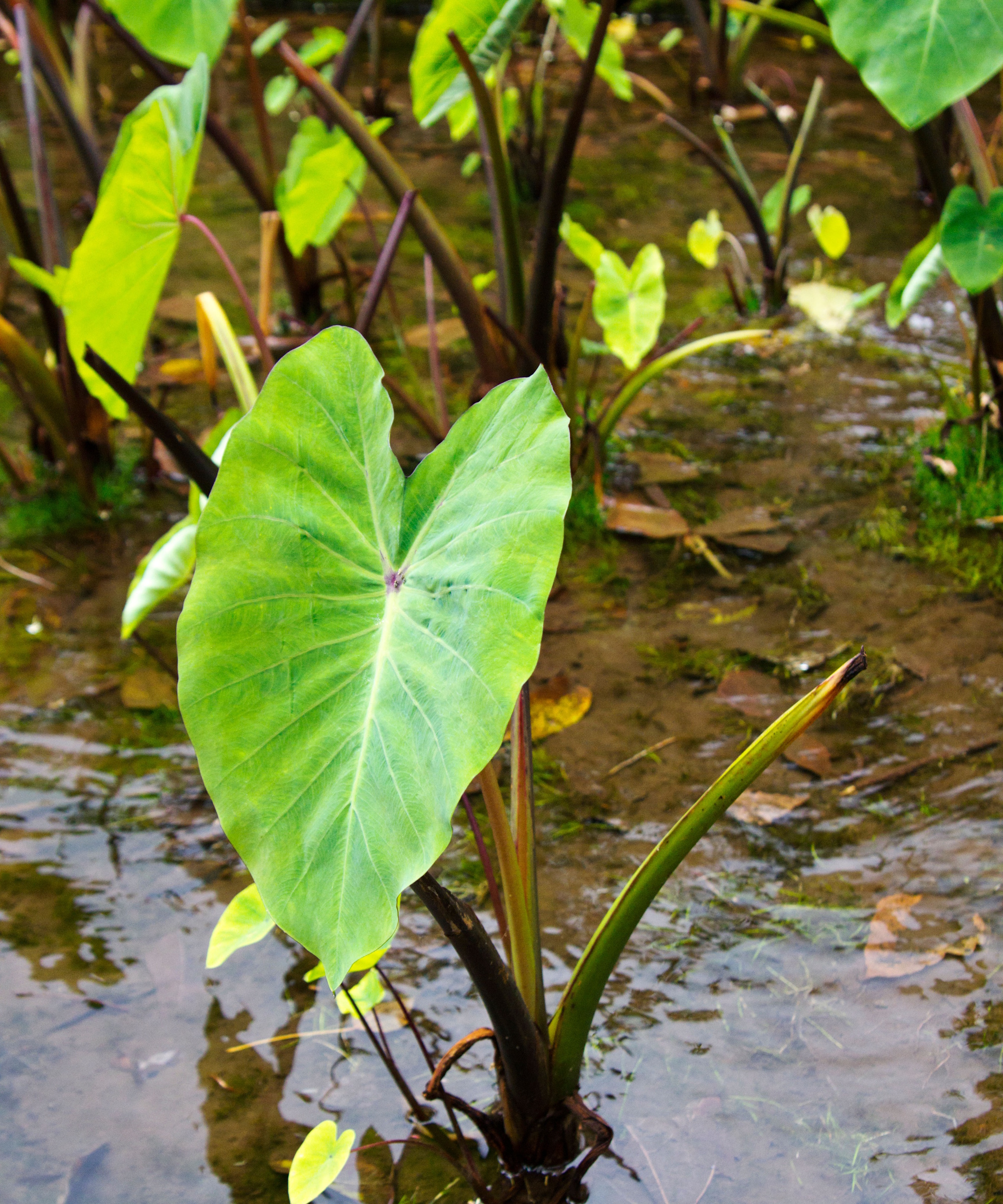
Taro is another pond plant that can create the perfect environment for mosquitoes to thrive in.
In particular, the large leaves of taro collect rainwater and increase humidity around the plant. This consequently provides an ideal breeding environment for mosquitoes.
Not only this, but their large leaves also provide shelter for adult mosquitoes.
Just like water hyacinth, you can minimize the attraction of taro to mosquitoes by creating movement in your pond.
As well as using a submersible water pump (from Amazon), try growing some of the best oxygenating pond plants.
FAQs
Which plants repel mosquitoes?
There are plenty of plants that repel mosquitoes, most notably those with strong scents. For this reason, the best aromatic herbs are good mosquito-repellent plants, such as rosemary, basil, and citronella grass.
As well as these plants to avoid growing if you don't want to attract mosquitoes, there are other ways to keep these nuisance insects away. For example, you can burn coffee grounds to get rid of mosquitoes while hosting friends and family in your yard.

Tenielle is a Gardens Content Editor at Homes & Gardens. She holds a qualification in MA Magazine Journalism and has over six years of journalistic experience. Before coming to Homes & Gardens, Tenielle was in the editorial department at the Royal Horticultural Society and worked on The Garden magazine. As our in-house houseplant expert, Tenielle writes on a range of solutions to houseplant problems, as well as other 'how to' guides, inspiring garden projects, and the latest gardening news. When she isn't writing, Tenielle can be found propagating her ever-growing collection of indoor plants, helping others overcome common houseplant pests and diseases, volunteering at a local gardening club, and attending gardening workshops, like a composting masterclass.